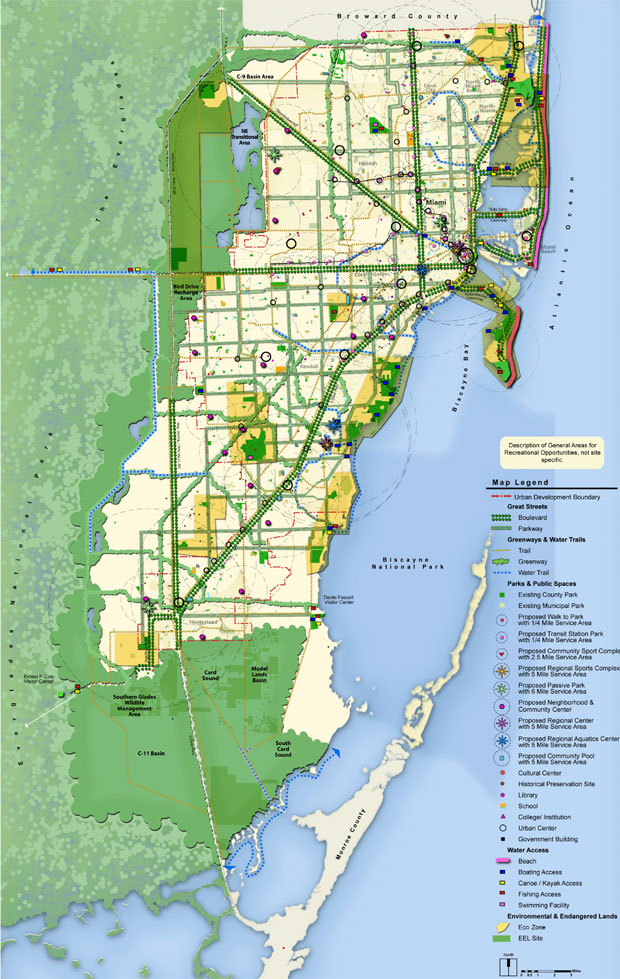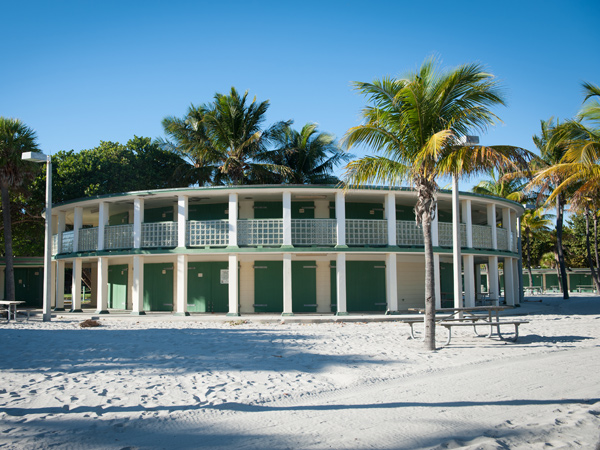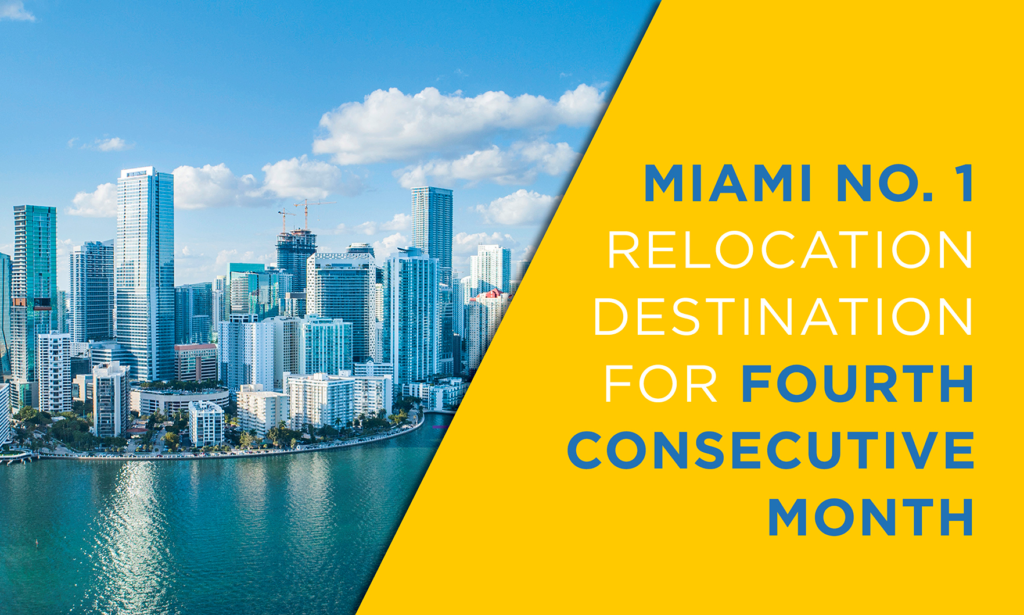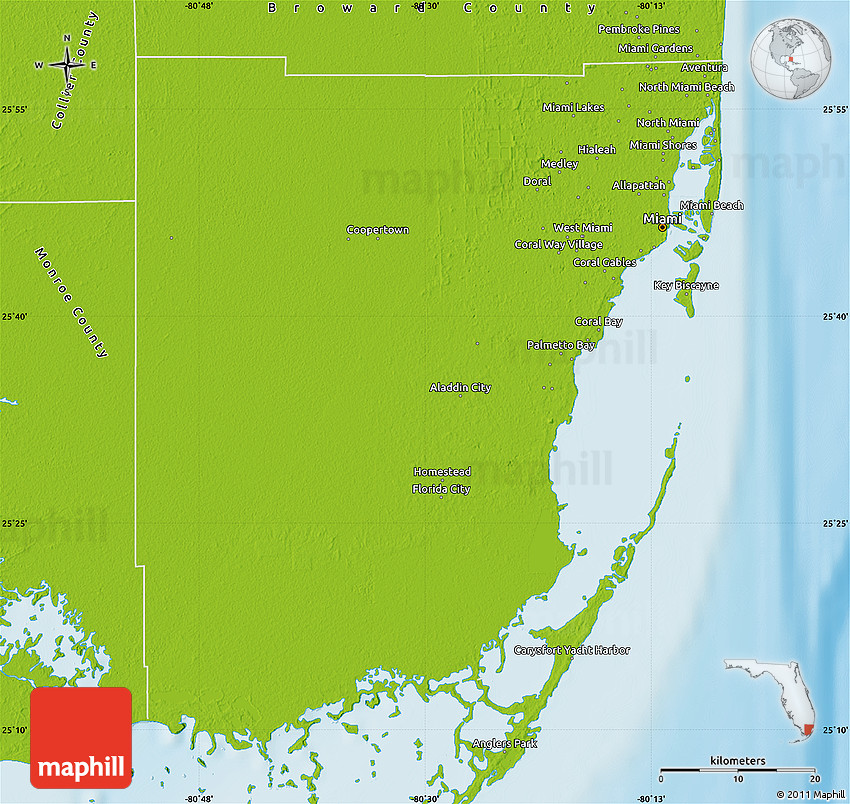Navigating Miami-Dade County: A Geographic and Cultural Landscape
Related Articles: Navigating Miami-Dade County: A Geographic and Cultural Landscape
Introduction
In this auspicious occasion, we are delighted to delve into the intriguing topic related to Navigating Miami-Dade County: A Geographic and Cultural Landscape. Let’s weave interesting information and offer fresh perspectives to the readers.
Table of Content
Navigating Miami-Dade County: A Geographic and Cultural Landscape

Miami-Dade County, a vibrant tapestry of diverse cultures and dynamic landscapes, is home to a constellation of cities, each contributing to the region’s unique character. Understanding the geographic arrangement of these cities is crucial for appreciating the county’s multifaceted nature, its historical evolution, and its ongoing development.
A Mosaic of Cities
Miami-Dade County’s map resembles a mosaic, with 34 municipalities and unincorporated areas, each with its own distinct identity. The county’s geographical heart, the Miami urban area, houses the bustling metropolis of Miami, a global hub for finance, tourism, and culture. This central core pulsates with energy, its skyline dominated by towering skyscrapers and its streets teeming with vibrant life.
Moving outward from this central hub, the map reveals a diverse array of cities, each with its own unique flavor. To the north, North Miami and North Miami Beach offer a blend of urban amenities and suburban tranquility. To the south, Homestead and Florida City showcase a more rural character, with sprawling agricultural lands and a connection to the Everglades.
Understanding the Map’s Significance
The map of Miami-Dade County cities is not merely a visual representation of geographical boundaries. It is a powerful tool for understanding the county’s history, its cultural richness, and its economic drivers.
-
Historical Development: The map highlights the evolution of Miami-Dade County, from its early days as a sparsely populated agricultural region to its transformation into a major urban center. The growth of cities like Hialeah and Coral Gables reflects the county’s westward expansion and the emergence of suburban communities.
-
Cultural Diversity: The map reveals the county’s rich tapestry of cultures, with each city contributing its own unique flavor. Little Havana, with its vibrant Cuban culture, stands in stark contrast to the cosmopolitan atmosphere of South Miami, known for its artistic community.
-
Economic Hubs: The map showcases the county’s economic dynamism, with each city playing a distinct role. Miami, with its world-class port and thriving financial sector, serves as the county’s economic engine. Cities like Doral and Aventura have become centers for corporate headquarters and high-end retail.
Navigating the Map: A Guide to Key Cities
Miami: The county’s largest city, Miami is a vibrant metropolis known for its beaches, Art Deco architecture, and thriving nightlife. It is a major center for finance, tourism, and international trade.
Hialeah: Located just north of Miami, Hialeah is the second-largest city in the county, known for its strong Cuban heritage and its vibrant cultural scene.
Coral Gables: This affluent city south of Miami is known for its Mediterranean architecture, lush gardens, and upscale shopping and dining options.
North Miami: Located north of Miami, North Miami is a diverse city with a strong Haitian community and a growing business district.
Homestead: Situated at the southern tip of the county, Homestead is a city with a rural character, known for its agricultural lands and proximity to the Everglades.
Navigating the County: FAQs
Q: What is the best way to navigate Miami-Dade County?
A: Miami-Dade County offers a variety of transportation options, including public transportation, taxis, ride-sharing services, and rental cars. The county’s Metrorail system provides efficient rail transportation within the urban core, while the Metromover offers free transportation within downtown Miami.
Q: What are some of the best places to visit in Miami-Dade County?
A: Miami-Dade County offers a wide range of attractions, including world-renowned beaches, museums, art galleries, parks, and cultural events. Some popular destinations include South Beach, Wynwood Walls, Vizcaya Museum and Gardens, and the Miami Zoo.
Q: What are some of the best neighborhoods to live in Miami-Dade County?
A: Miami-Dade County offers a diverse range of neighborhoods, each with its own unique character and appeal. Some popular neighborhoods include Coconut Grove, Coral Gables, South Miami, and Key Biscayne.
Tips for Exploring Miami-Dade County
- Plan your trip in advance: Miami-Dade County offers a wide range of attractions, so it’s important to plan your itinerary in advance.
- Consider the time of year: Miami-Dade County experiences a tropical climate with hot and humid summers. The best time to visit is during the cooler months, from November to April.
- Be aware of traffic: Miami-Dade County is a major metropolitan area, so traffic can be heavy, especially during peak hours.
- Embrace the diversity: Miami-Dade County is a melting pot of cultures, so be sure to explore the different neighborhoods and experience the unique flavors of each.
- Enjoy the outdoors: Miami-Dade County is known for its beautiful beaches, parks, and natural areas. Take advantage of the opportunity to enjoy the outdoors.
Conclusion
The map of Miami-Dade County cities is a powerful tool for understanding the county’s unique character, its history, and its vibrant present. Each city contributes its own distinct flavor, shaping the county’s cultural landscape and economic vitality. By understanding the geographical arrangement of these cities, one can gain a deeper appreciation for the complexities and dynamism of this multifaceted region.








Closure
Thus, we hope this article has provided valuable insights into Navigating Miami-Dade County: A Geographic and Cultural Landscape. We hope you find this article informative and beneficial. See you in our next article!